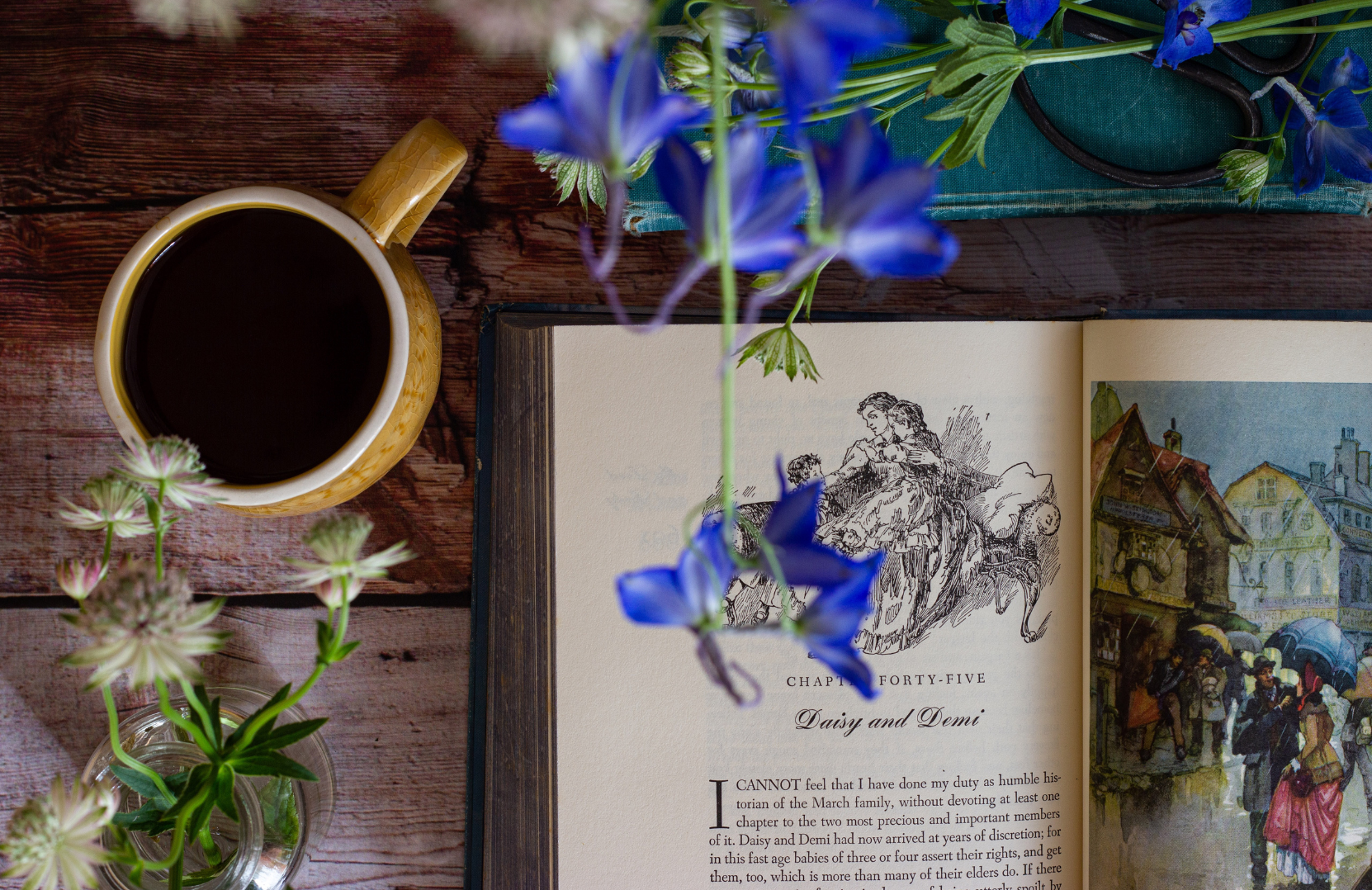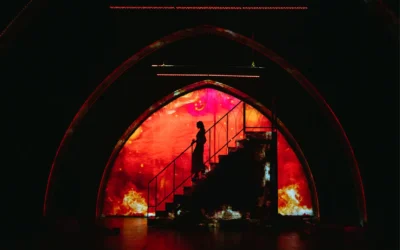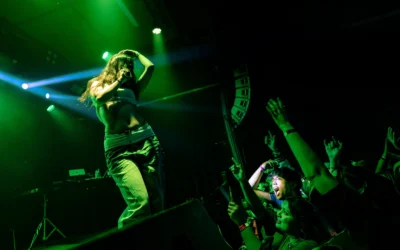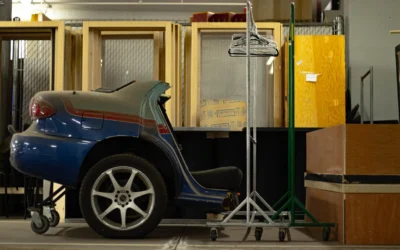Since the early years of film, filmmakers have been adapting novels and books to the big screen and reinterpreting the stories of others, often bringing a new perspective to the story. A recent, and popular, example of this is Denis Villeneuve’s 2021 film, Dune, which is also a 1965 science fiction novel by Frank Herbet, that also saw a film adaptation in 1984 by director David Lynch.
Sometimes, it can be difficult to trust the film adaptation of your favourite book, which can lead to us hoping the movie doesn’t ruin a story we love.
Little Women by Louisa May Alcott
Little Women, a book by Louisa May Alcott, is a classic book that was published in 1868, about the four March sisters’ journey from childhood to adulthood. The family dynamic of the sisters has a warmth to it, something that Greta Gerwig’s 2019 film adaptation of the book highlights wonderfully. In fact, I could only get through the 700-page book once I had the chance to fully appreciate the movie. Don’t get me wrong, Alcott did a tremendously good job of making her characters dynamic and relatable to readers, but her need for extraneous detail in setting and environment makes it a dense and hard-to-read book.
While there are multiple movie adaptations of this unforgettable book, the Greta Gerwig version is the one that sticks with me the most. She was so specific in her directing style that each laugh and breath was timed to the second. When watching it, the conversations don’t seem staged or plastic like in most movies, where no one interrupts or talks over one another. The dynamic between the sisters is natural and genuine. It makes you feel like you are part of the March family yourself, just as Alcott intended—and Gerwig is the puppetmaster behind it.
Gone Girl by Gillian Flynn
Gone Girl is a 2012 crime thriller novel about the disappearance of character Amy Dunne and the question of her husband, Nick Dunne’s, involvement with the apparent crime.
I didn’t read Flynn’s book, Gone Girl, until after I watched the exquisite performance done by Rosamund Pike in the 2014 movie adaptation. And I have to say, if you haven’t read the book, get to it right now.
The movie explores the “good for you” trope exceptionally well and does an amazing job of keeping you on your toes until the unpredictable plot twist. The book explains Amy Dunne’s plan and motive much clearer than any visual scene could represent. The “cool girl” speech (a speech by Amy about girls striving to be the definition of “cool” that would be validated by men) in the movie was copied just as it was written originally by Gillian Flynn. I can’t help but feel that so many other speeches about the push of unachievable attributes onto women were missed in the movie due to the fact that it could only truly be expressed through the unreliable narrator’s voice, and not just visual characters and dialogue. I didn’t truly have empathy with Amy Dunne until I read what was constantly in her mind about her cheating husband. But then again, the plot twist itself was so much more surprising once readers (including myself) realized that all the words they had read were staged by Dunne to make her husband seem abusive and guilty. She plays not just the police in the story, but the readers too. That effect wasn’t fully replicated to the same extent in the movie adaptation, but I would still classify it as a must-see.





0 Comments